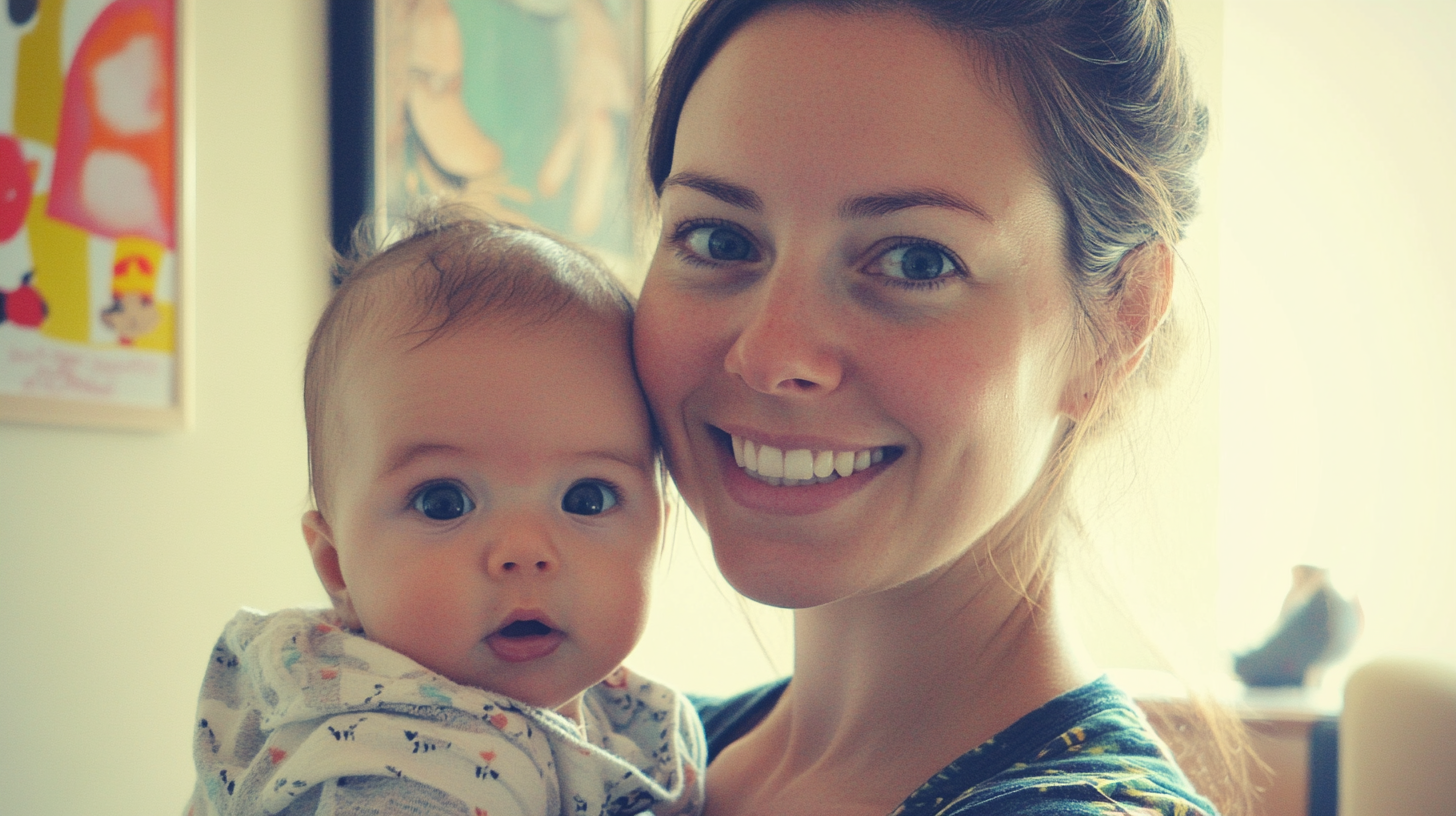Becoming a mother is often portrayed as a magical journey filled with coos, cuddles, and Kodak moments. And while those moments exist, there’s a vast undercurrent of unspoken truths that many of us stumble upon only after crossing the threshold into motherhood. Here are eight things I wish I had known before embarking on this wild, wonderful, and often exhausting ride—truths that might just help another mom feel a little more prepared, a little less alone.
1. Your Identity Will Shift, and That’s Okay
Motherhood reshapes you. It’s like a seismic shift; the person you were before is still there, but she’s sharing space with this new version of you. I struggled at first to reconcile my pre-mom self with my new reality. I’ve since learned that identity is fluid, and motherhood adds layers rather than erases them. Embracing this transformation is a powerful act of self-compassion.
Psychologically, identity shifts are a normal response to life changes. It’s known as a „role engulfment,“ where new roles can feel all-consuming. Giving yourself permission to explore and redefine your identity—without guilt—can ease the transition.
2. Maternal Guilt Is Relentless, But You Can Outsmart It
From the moment you see those two pink lines, guilt sneaks in. Did I eat the wrong thing during pregnancy? Am I holding my baby too much? Too little? Society heaps expectations on mothers, creating a breeding ground for guilt.
The antidote? Set boundaries with yourself. Learn to differentiate between real concerns and societal noise. Cognitive-behavioral techniques, like reframing negative thoughts, can help dismantle the guilt spiral. For example, if you catch yourself thinking, „I’m a bad mom because I forgot to pack a snack,“ try reframing it to, „I’m human, and one forgotten snack doesn’t define my parenting.“ This shift in perspective can reduce the emotional weight of everyday mistakes and foster a kinder inner dialogue. Remember, a guilty mom isn’t a better mom—she’s just a more exhausted one.
3. Your Relationship Will Be Tested—Hard
Whether it’s a partner, family member, or close friend, your relationships will change. Sleep deprivation, hormonal shifts, and the sheer magnitude of parenting can create tension. I wasn’t prepared for the emotional labor of keeping a relationship afloat while caring for a tiny human.
Open communication and shared responsibility are key. Set aside time for regular check-ins with your partner to discuss what’s working and what’s not. Divide tasks based on strengths—one might handle bedtime routines while the other tackles meal prep. Consider using tools like shared calendars or apps to manage schedules and ensure transparency. And don’t underestimate the power of simple expressions of gratitude—acknowledging each other’s efforts can strengthen your bond during stressful times. Studies show that couples who actively divide parenting tasks report higher relationship satisfaction. And if things get tough, don’t shy away from seeking therapy—it’s a gift to your family, not a weakness.
4. The Myth of the “Perfect Mom” Will Haunt You
Social media paints a picture of moms who have it all together—organic meals, spotless homes, and endless patience. Spoiler: They don’t exist. Chasing perfection is not only futile but harmful. Start by recognizing the unrealistic standards you may be setting for yourself—ask whether they come from your own values or external pressures. Practice self-compassion by treating yourself with the same kindness you would offer a friend. Another helpful strategy is to focus on progress over perfection. For instance, if you’re trying to cook healthier meals but end up ordering takeout, remind yourself that nourishing your family—in whatever form—is what truly matters.
Perfectionism, as psychology tells us, often leads to anxiety and burnout. Instead, aim for “good enough.” A good-enough mom loves her kids fiercely but recognizes her limits. Embrace your imperfections—they’re what make you human and relatable.
5. Self-Care Is a Non-Negotiable
“Self-care” often feels like another item on an already overwhelming to-do list. But here’s the truth: You can’t pour from an empty cup. Taking time for yourself isn’t selfish; it’s survival.
Whether it’s a 10-minute meditation, a solo walk, or simply locking the bathroom door for a few precious minutes of peace, prioritize self-care. From a psychological perspective, self-care helps regulate stress hormones, improving both your mental health and your ability to parent effectively.
6. You Will Grieve Your Old Life
No one told me that becoming a mom involves a form of grief. You’re gaining so much, but you’re also saying goodbye to certain freedoms, spontaneity, and even parts of your personality. Grieving your old life doesn’t mean you’re not grateful for your new one—it means you’re human.
Grief in this context is often disenfranchised, meaning it’s not widely recognized or validated. Give yourself permission to feel it. Talk about it with friends or a therapist, and know that these feelings don’t diminish your love for your child.
7. You Can’t Do It Alone—and You’re Not Supposed To
Modern motherhood can feel isolating. We’re expected to be superwomen, juggling it all without complaint. But historically, parenting was a communal effort, and we’re not meant to do this alone.
Build your village—whether it’s family, friends, or other moms who get it. Join local parenting groups, attend community events, or explore online forums where parents share their experiences and offer support. Apps designed for connecting parents in your area can also be a great resource. Building these connections can provide not only practical help but also emotional reassurance that you’re not in this alone. Asking for help isn’t a sign of failure; it’s an act of strength. Remember, it takes a village to raise a child—and to support a mom.
8. Your Kids Don’t Need a Perfect Mom; They Need a Present One
This one took me years to fully understand. Kids don’t care about curated Instagram feeds or Pinterest-worthy birthday parties. What they need is your love, your presence, and your authenticity.
Research shows that emotionally attuned parenting—where you respond to your child’s emotional needs—builds resilience and secure attachment. So, ditch the pressure to be perfect and focus on connection. Your kids will thank you for it.
Motherhood is a journey of constant learning, unlearning, and growth. It’s messy, beautiful, and profoundly transformative. Wherever you are on this path, know that you’re not alone. Let’s celebrate our collective strength, embrace our imperfections, and support one another—because motherhood, in all its forms, is extraordinary.






0 Kommentare